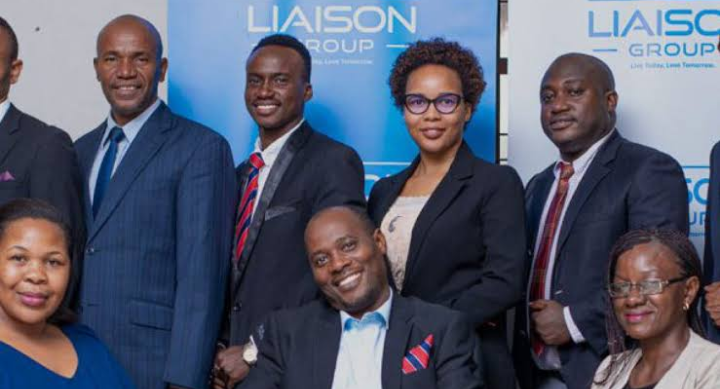An investigation by the Ethics and Anti-Corruption Commission (EACC) has revealed a fraudulent scheme involving top officials from Liaison Group Insurance Brokers and the Kenya Maritime Authority (KMA).
The scheme aimed to fraudulently secure a Ksh 40 million medical insurance tender, which has raised serious concerns about corruption in Kenya’s insurance and public procurement sectors.
The EACC carried out raids at Liaison Group Insurance Brokers’ offices in Nairobi and Mombasa.
As a result, two senior officials from the company, Julius Kitheka, the General Manager for Healthcare, and Danson Kaba, the Branch Manager in Mombasa, were arrested.
The two are suspected of playing key roles in the fraud, working with KMA officials to manipulate a tender for medical insurance services.
The KMA officials involved in the scam are Henry Mwasaru, the Head of Human Resources and Administration, and Bevaline Lundu, the Head of Supply Chain Management.
The EACC says that the tender was manipulated to inflate the costs of providing medical insurance services to KMA employees.
In return, those involved allegedly received kickbacks from the inflated tender.
Kitheka was arrested at his home in Nairobi, while Kaba was arrested in Mombasa.
Both were taken to the EACC offices for further processing.
Mwasaru, who was attending a training in Naivasha, was also arrested and taken to Nairobi for questioning.
According to EACC spokesperson Eric Ngumbi, the search revealed major evidence that will help with the ongoing investigation.
The tenders under investigation are KMA-ONT-19-2023-2024, KMA-ONT-20-2023-2024, and KMA-ONT-29-2022-2023.
These tenders, which totaled Ksh 40,539,760, were awarded to Liaison Insurance Brokers to cover medical, life assurance, and general insurance for KMA employees and board members.
These contracts were carried out during the 2022/2023 and 2023/2024 financial years.
The EACC is now looking into other similar procurement processes for medical insurance in public institutions.
There are concerns that collusion and fraudulent activities could be happening in other sectors as well.
Once the investigation is complete, the case will be handed over to the Director of Public Prosecutions (DPP) for possible legal action.
This fraud highlights the ongoing problem of corruption in Kenya’s public procurement system, especially in the insurance and healthcare sectors.
The involvement of high-ranking officials from both private and public institutions shows how deep the issue runs.
While the EACC is making efforts to address these fraudulent activities, much more needs to be done to rebuild trust in the system.





















Add Comment